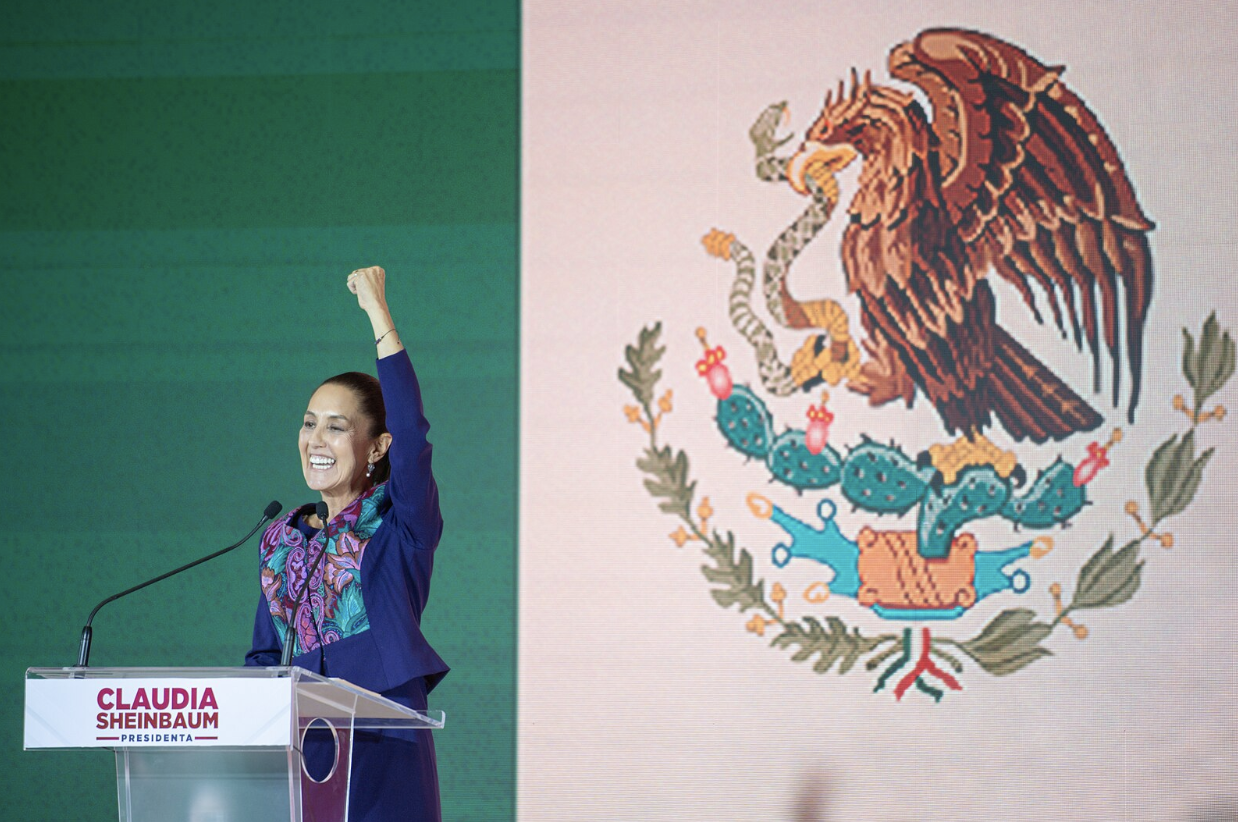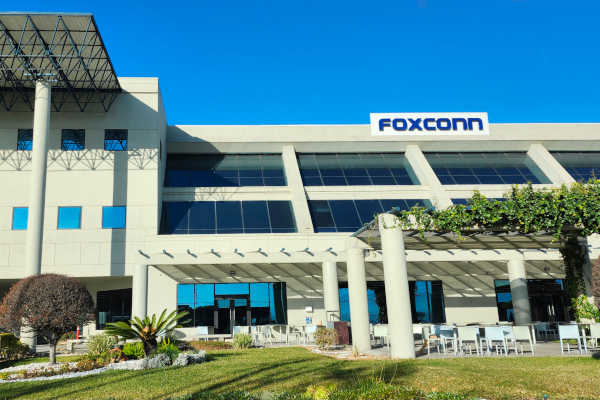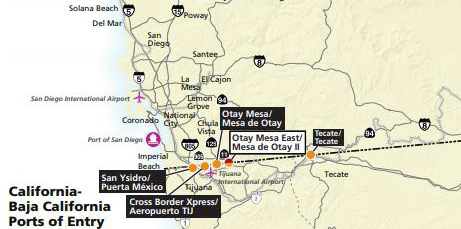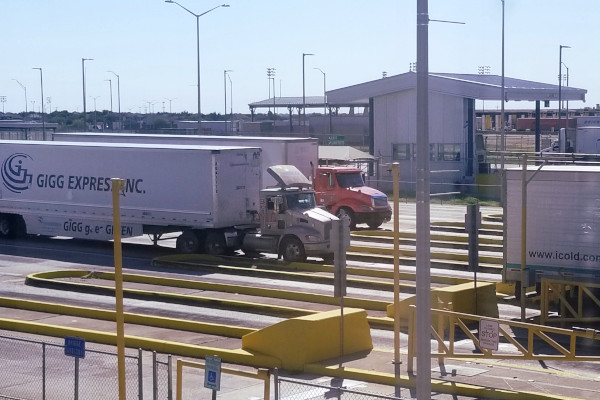
Claudia Sheinbaum won the Mexican Presidency. What does that mean for Manufacturing?
Image credit: Wikipedia
By Daniel Domsky
July 20, 2024
Garnering over double the votes as her opposition, Claudia Sheinbaum and the National Regeneration Movement party (MORENA) dominated the Mexican Electoral cycle this June. However, this victory of Mexico’s first woman and Jewish president is riddled with questions about the future of manufacturing in Mexico.
As a climate scientist, Claudia Sheinbaum obtained her PhD in energy engineering and has over 25 years of political experience. In addition, she was part of a group of students who founded the left-leaning Party of the Democratic Revolution (PRD) party during her undergraduate years. Later in her political career, Sheinbaum served as Secretary of the Environment of Mexico City in the year 2000 after the election of Andres Manuel Lopez Obrador (AMLO) as governor of Mexico City. Later, she became the mayor of Tlalpan, one of the delegations in the capital, but she ended her term early to pursue the governorship of Mexico City. She won the election in 2018 and again ended her term early to start her candidacy for the presidency. Sheinbaum’s campaign promised to continue the movement that the current Mexican President, Andres Manuel Lopez Obrador (AMLO) led. She has stated that previous neoliberal policies have exacerbated inequities. In addition, she has indicated that she wants to expand welfare under her presidency and continue AMLO’s programs such as a universal pension.
Additionally, given the supermajority (over two-thirds) that the MORENA party will hold in the Mexican Congress, financial markets have reacted negatively. The Mexican Peso has weakened against the dollar. On May 31st, the Friday before the election, the peso traded at $16.99 to the dollar. On June 12th, the peso traded at $18.76. This 10% devaluation represents the biggest change in the Mexican Peso since the 2020 Pandemic.
What to expect?
There are strong indications from Claudia Sheinbaum’s campaign that she will continue to support the manufacturing sector and manufacturing ties to the US. She indicated interest in expanding transportation infrastructure across the US-Mexico border for increased economic development. In addition, she said she supported the creation of 100 industrial parks in Mexico to take advantage of the recent reshoring movement in the US. During the campaign trail and since winning the election, she has emphasized the value of foreign investment in Mexico and has expressed support for the relocation of production chains (nearshoring) as ways to further enhance social welfare in Mexico.
Claudia Sheinbaum’s election as Mexico’s first woman president brings the promise of continuing the vision of AMLO’s 4th transformation. This “transformation” aspires to reduce poverty across the country through economic pathways in underdeveloped regions. It is this philosophy that has dictated the policy decisions and big infrastructure projects of AMLO’s presidency (i.e. the Mayan Peninsula Train network, or the new Mexico City airport). While initial market reactions have been cautious, her support for foreign investment and nearshoring could bode well for economic growth. However, only after she takes office on October 1st will we truly understand the implication that this has on manufacturing. All should keep a close watch on her policies.



